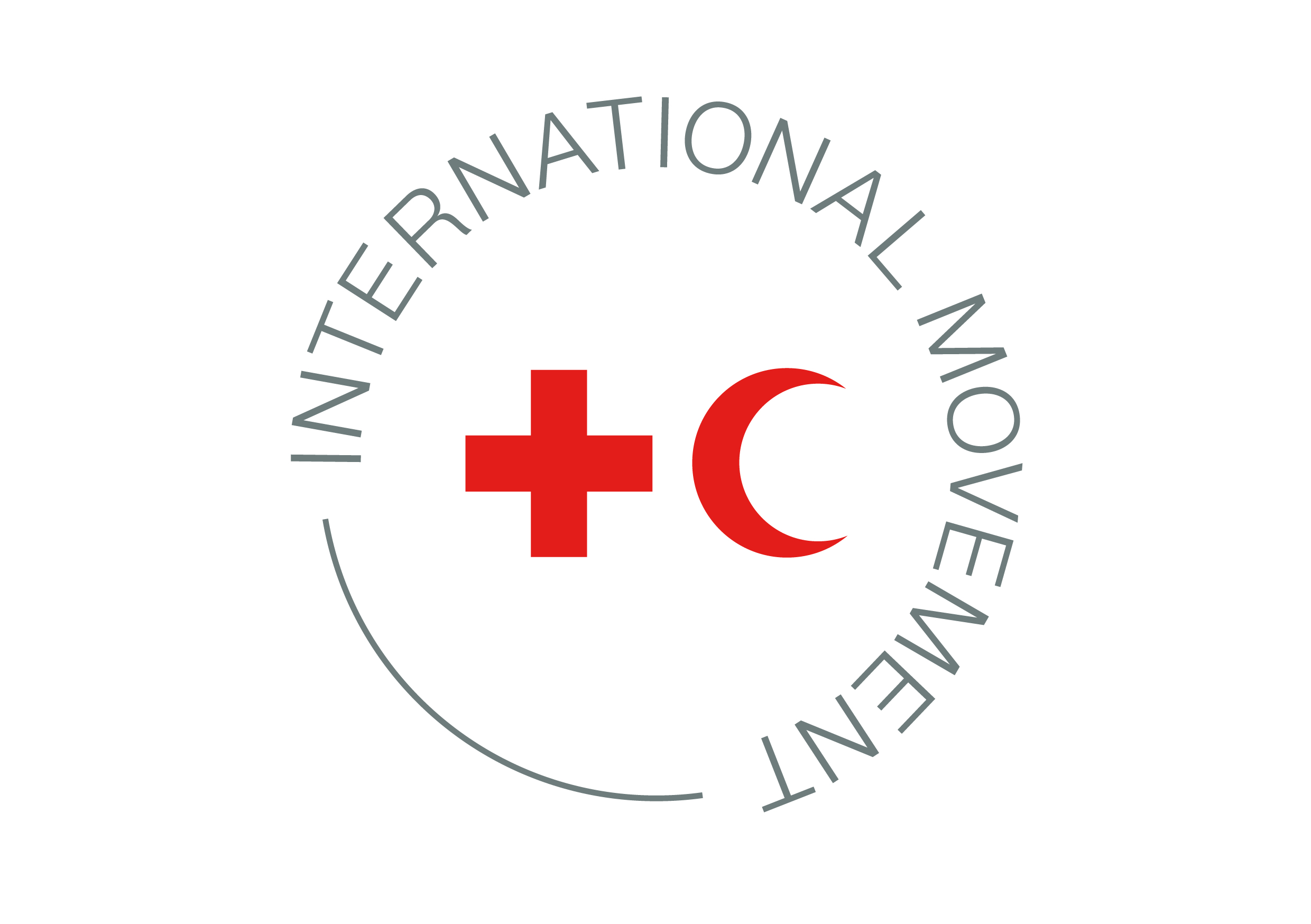A) Objectives of the pledge:
Human trafficking is a serious human rights violation that threatens people’s security, dignity and wellbeing and can occur both within and outside crisis-effected areas. Humanitarian crises and largescale cross-border and internal movements heighten people’s vulnerability to trafficking. Men, women, boys and girls are being trafficked for the purpose of labour exploitation or to provide sexual services, for forced marriage, forced criminality or domestic servitude. The scale and impact of this humanitarian issue is increasingly being acknowledged. Many Red Cross Red Crescent Societies in Europe and other regions have been responding to the humanitarian needs resulting from human trafficking through awareness raising, response programs and humanitarian diplomacy. National Societies are well-placed to address these needs because of their strategic role as auxiliary to the Government. In order to strengthen assistance and protection of (potential) trafficked persons, both migrants and nationals, the signing National Societies commit to the following pledge.
Considering,
the 2020-2030 IFRC Global Strategy, which acknowledges that trafficking is one of the core humanitarian concerns in the context of migration and identity; the Movement Protection Framework, the 2015 Sexual and gender-based violence: joint action on prevention and response, and the 2018-2022 IFRC Migration Strategy; as well as the 2019 Sarajevo Declaration of the Red Cross Red Crescent Mediterranean conference, calling to increase our capacity to support vulnerable migrants and assist and protect (potential) victims of human trafficking, and the 2018 RCRCM Bangkok call for action on Labour Migration, which commits Asia-Pacific National Societies to reduce risks of trafficking and develop a response to assist those affected in the context of labour migration and trafficking, the signing partners pledge to, in accordance with their capacities and national context, strengthen their response to address the humanitarian needs resulting from human trafficking.
B) Action plan:
• Work together to address the humanitarian needs of trafficked persons, through bilateral peer support and/or through sharing of good practices in the European Red Cross Action for Trafficked persons Network (ATN), the Asia-Pacific Migration Network or other networks; and by utilising the Red Cross Trafficking Response Hub and the ICRC Protection Community of Practice;
• Map out the needs, gaps and possible referral pathways in the humanitarian response to human trafficking in their national context;
• Develop strategies in accordance with the International Red Cross Red Crescent mandate, the role of National Societies as auxiliaries to their public authorities, the Fundamental Principles, and the IFRC Minimum Standards on Protection, Gender and Inclusion;
• Ensure that trafficking awareness of staff and volunteers, and a minimum protection response, is mainstreamed in departments and interventions that come into contact with vulnerable and ‘atrisk’ communities;
• Strengthen capacities of relevant staff and volunteers to recognise signs of human trafficking and safely refer or assist potential trafficked persons, by using existing tools such as the IFRC Trainer Toolkit ‘Human Trafficking in the context of migration’, the IFRC Action to Protect and Assist Trafficked Persons Guidance document and the IFRC Labour Migration and Trafficking Guidance for Asia Pacific National Societies, where appropriate;
• Internally discuss the possibility of raising awareness on human trafficking among at-risk groups, such as youth, marginalized groups, people living in poverty, migrants in irregular situation, asylum seekers, and labour migrants;
• Explore the possibility of scaling up direct, long-term and survivor-centered protection and assistance to people who have experienced human trafficking, including psychosocial support, to assist in the recovery process;
• Where relevant, and in accordance with the International Red Cross and Red Crescent mandate and the Fundamental Principles, develop advocacy strategies to discuss with authorities and civil society organisations:
– that victims/survivors must be provided with appropriate support and protection, which should be unconditional and irrespective of their cooperation in criminal procedures and legal status;
– that migrants who have experienced, or are at risk of, human trafficking can seek help from the authorities without fear of being criminally pursued, detained or deported.
C) Indicators for measuring progress:
• Number and type of practical measures strengthening the response to address the humanitarian needs resulting from human trafficking.
• The percentage of staff and volunteers who are trained on recognising the signs of human trafficking has increased for the period of 2019-2023.
• Actions taken to cooperate through bi-lateral peer support and/or sharing good practice through networks and online platforms.
D) Resource implications:
The States and/or National Societies will determine the resources that may be required to carry out this pledge based on the objectives and actions they choose to take in their specific context.

